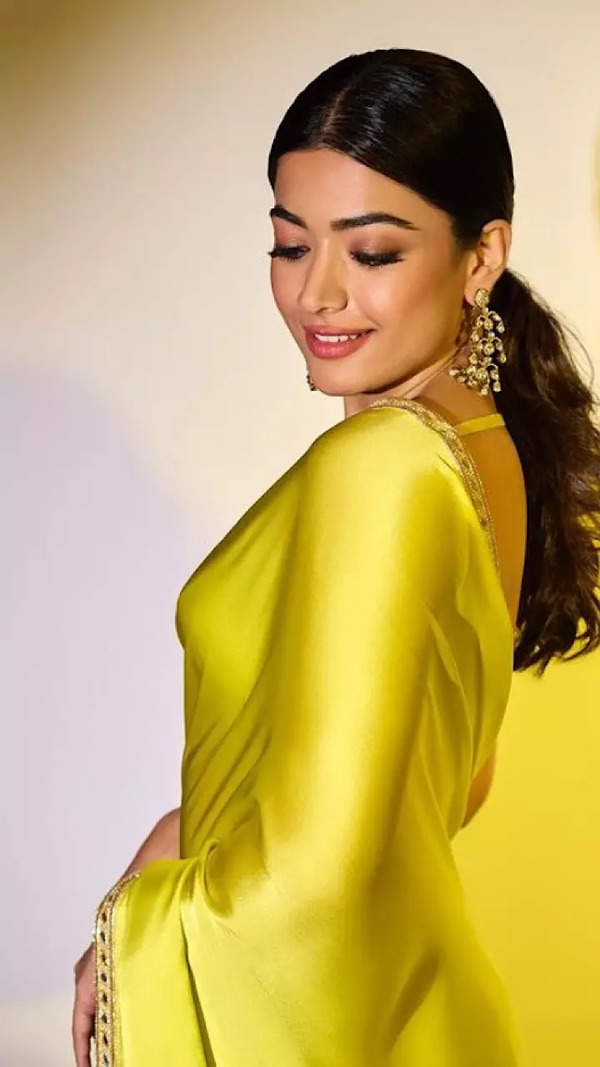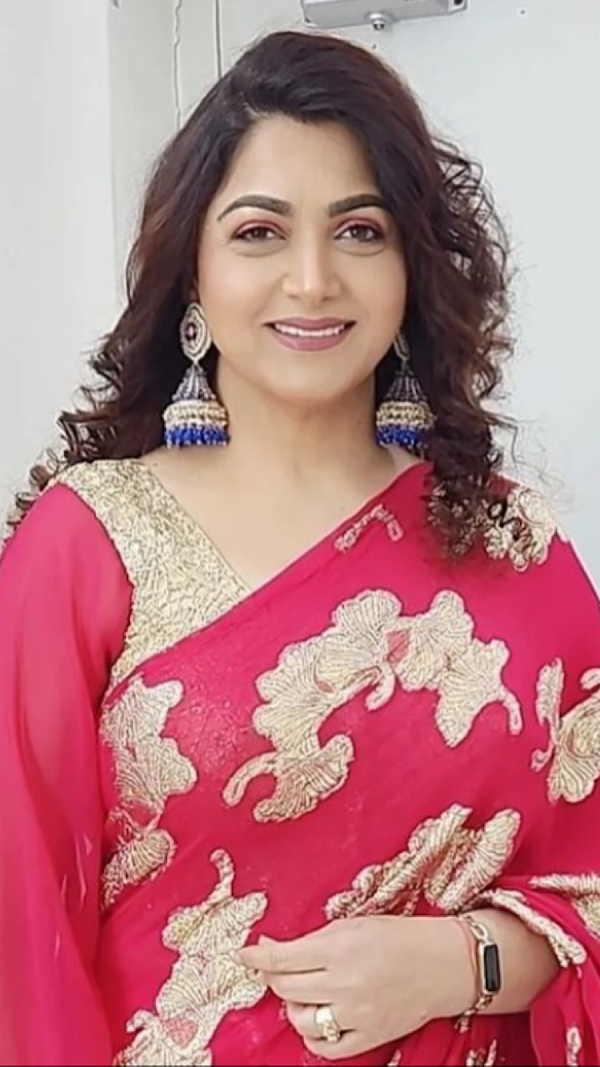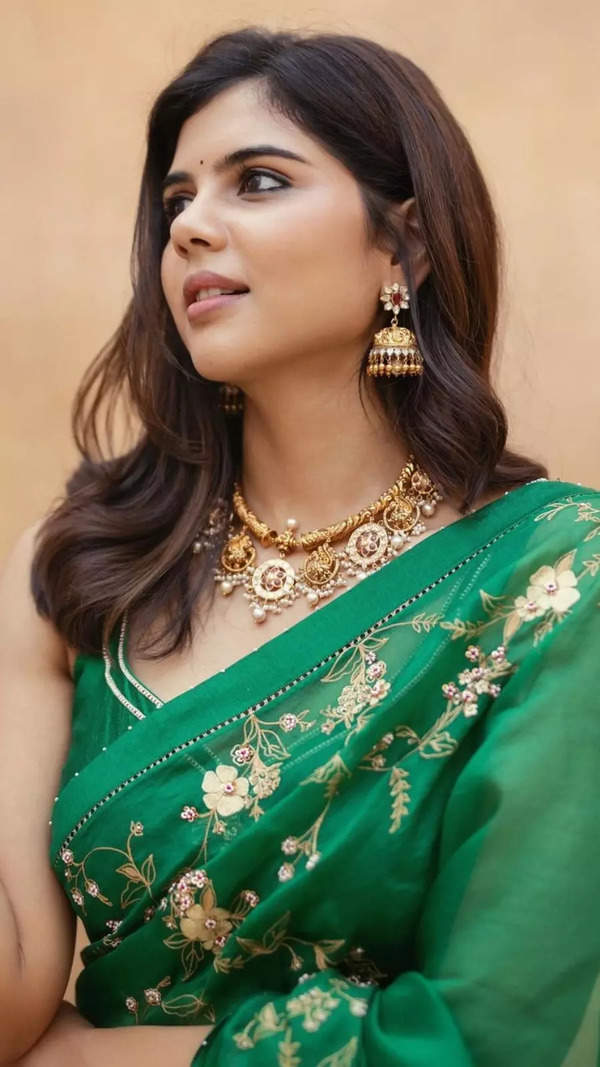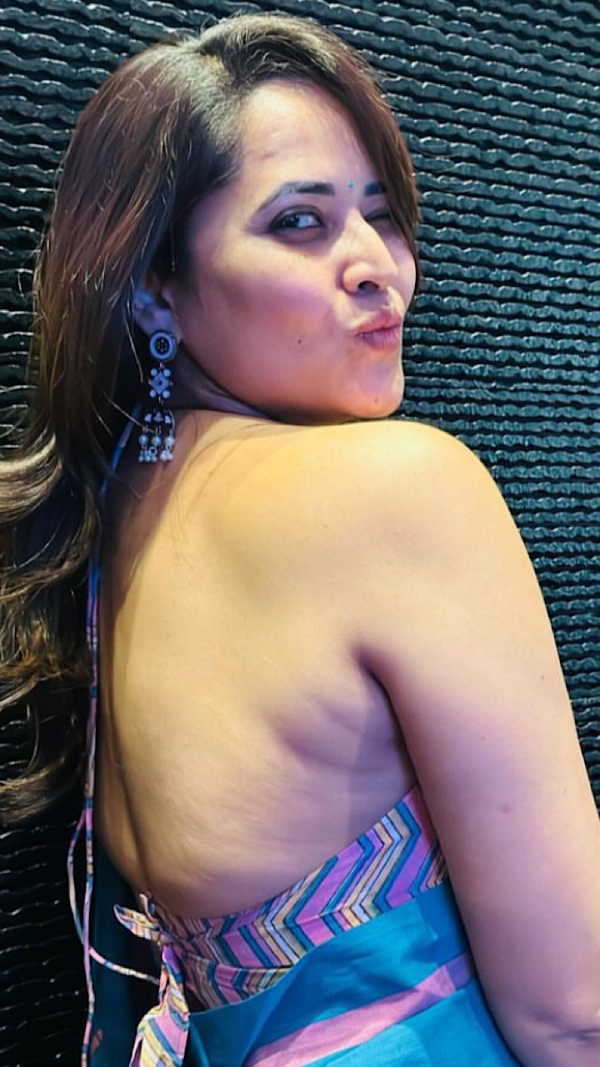- News
- entertainment
- malayalam
- movies
- Won't have lines belittling women in my films: Prithviraj
Trending
This story is from August 25, 2016
Won't have lines belittling women in my films: Prithviraj
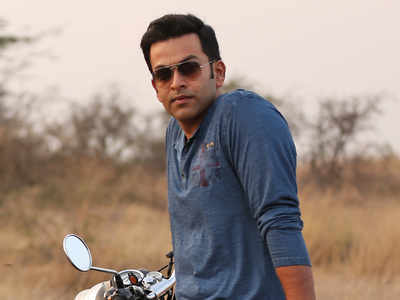
This year seems to be all about experimenting for Prithviraj.
All his films — be it the quirky revenge tale Darvinte Parinamam, the family drama James and Alice or the horror-thriller Ezra — are different in their own ways. But the actor can sure afford to experiment all he wants with a host of projects in his kitty, including five historical films and a multilingual.
We caught up with him recently to get a lowdown on his upcoming releases, his take on the portrayal of women in cinema and how he’s enjoying fatherhood…
Your name is attached to every other movie announcement these days. So, if somebody narrates a script to you and you like it, when would that movie go on floors?
You have Jeethu Joseph’s Oozham coming up next. What is it all about?
After Jeethu and I worked together for Memories, he went on to do Drishyam, its Tamil remake and also Life of Josutty.
I believed that Memories was the most technically challenging film in his career. Drishyam narrated the story in a simple pattern, it didn’t have any technical challenges within its conception and Jeethu agrees with me.
Oozham is a straightforward film. It doesn’t have any hidden suspense. It’s a formulaic revenge drama on paper. But how it’s narrated and how the story is told is new. My character has a particular kind of expertise in the film and he uses it to take revenge. That’s what is novel about the movie. It’s quite fast-paced as well. Although it is cinematically conceived, we have tried to make it as realistic as possible within the realms of commercial filmmaking.
Of late, you have been working with a lot of newcomers. So, teaming up with Jeethu must have been relaxing.
Usually when you work with newcomers, the responsibility of organising the project is on me — like getting together the cast, technicians and convincing the producer that this is the kind of money you have to spend to make an honest film out of the script.
But my work stops there. I have always believed that when a film is being made, it has to be the director’s vision. With Jeethu, I can afford to go easy and let him take care of the tasks.
The film Ezra, you are currently shooting, is a horror-thriller. Did you pick it because the genre is trending in South film industries?
To put it into perspective, I met its director Jay Krishnan when I was shooting in Manali for a song in Anwar in 2010. Horror films were not a trend then. Ezra is a slightly different film from the ones we have seen in Malayalam. The popular horror films in our industry usually come with the safety net of a comedy element. But Ezra doesn’t have a comic layer in the script. This is a sombre, serious movie in which I play a character named Ranjan. The backstory of the film dates back to early 30s in Jew Town in Mattanchery. Its premise and characters sounded very new to me.
You will be shooting next for Tiyaan, which is scripted by Murali Gopy…
My track in the film is majorly in Hindi because the movie happens in the early 90s in Mumbai and also has portions set in the current day in Badrinath. Tiyaan’s got a very complex, intricate plot with extremely multi-layered characters. It’s one of Murali’s pet projects actually. He’s been toying with it for years. It’s a big film and as an actor it’s very exciting for me to be involved in it.
A lot of actors these days are traversing to other South industries too. But you seem to be content in Malayalam as of now, despite making inroads into Bollywood and Tamil films.
It will require an exciting script for me to venture to other industries. Malayalam is giving me some amazing scripts at the moment. Every movie I do, regardless of how they fare at the box office, excites me. The last Tamil script that evoked a similar feeling was Kaaviya Thalaivan and then there is the upcoming Gautham Menon movie.
Gautham’s movie is a multi-starrer and Kaaviya Thalaivan also had Siddharth as one of the lead actors. You don’t seem to mind being part of multi-starrers?
Even in Malayalam films, I don’t mind if I am not cast as hero. It’s just that nobody has offered me anything else. If I was hell-bent on playing only the lead, films like Thalappavu wouldn’t have happened.
Talking about Thalappavu in 2007, a few of your films in that time period such as Vargam had characters that were reminiscent of heroes of the 90s who would spew dialogues at will and get applauded at the expense of belittling women. But you have steered clear of such characters since the turn of the decade.
I have been part of an audience that have clapped vociferously for such punch lines and instances in theatres in the 90s. Frankly, even I am guilty of having delivered such lines. Now do they translate into influencing reality in our society? I am not the final authority on that. But I will not have something like that in my films, especially in the current circumstances. We tell ourselves that we are walking hand in hand towards a more modern society every day even though there are principles within our society which seem archaic, especially towards women. For the last few years I have been uncomfortable mouthing such lines because I find them very distasteful.
As for Vargam, any discerning viewer would know that my character Solomon Joseph is a tribute to Mangalasseri Neelakandan in Devasuram. I don’t think you can club these men or these films as misogynistic. Because, whenever these characters treated the women in their lives unfairly, the film was pretty clear on portraying them as villains. It is when they realise the fault of theirs that they turn a new leaf in their lives. Also, these two movies had two of Malayalam’s strongest female leads. Bhanu in Devasuram is till date the strongest female role and Mangalasseri Neelakandan loses his battle only to one person and that’s her.
You seem to be a huge Mohanlal fan...
I am a humongous Mohanlal fan. I adore the actor. I am also a huge Mammootty fan, and that’s not being diplomatic at all. I think both of them are kick-ass, actually. I am glad that both of them are in this industry because people like me can constantly struggle to reach their level.
It’s two years since your daughter was born. How are you enjoying fatherhood?
I am completely enjoying having my daughter at home. I used to previously hate shooting in Kochi because you pick any location in Kochi and I know the 12 primary angles that can be shot there by heart.
I have shot multiple films in the same location where we shot Ezra recently. I had reached a stage where they tell me if a film is being shot in Kochi, I would go, ‘Oh no, not again!’ But now I am really enjoying shooting in Kochi because for lunch break I get to go home and spend time with my daughter.
There’s a rumour that you are deliberately shifting shooting locations to Kochi just to be close to home?
Yeah. For Pavada, I forced Manianpilla Raju chettan to shoot all the interior portions in Kochi. Because I knew that it wouldn’t mean any extra expenditure for the producer. I forced the crew to find locations in Kochi so I could be home. I am responsible for that. (smiles)
All his films — be it the quirky revenge tale Darvinte Parinamam, the family drama James and Alice or the horror-thriller Ezra — are different in their own ways. But the actor can sure afford to experiment all he wants with a host of projects in his kitty, including five historical films and a multilingual.
We caught up with him recently to get a lowdown on his upcoming releases, his take on the portrayal of women in cinema and how he’s enjoying fatherhood…
Your name is attached to every other movie announcement these days. So, if somebody narrates a script to you and you like it, when would that movie go on floors?
I don’t know actually. That’s primarily the reason why I am not very keen on listening to new scripts at the moment as I am not very sure if I can put a time frame on it. It’s not because of the number of films I have said yes to, but more because of the kind of films I have agreed to do. Even I don’t know how some of those movies are going to be shot in terms of schedules. In such a scenario, I am pretty handicapped in terms of calculating when I would finish shooting these movies. That’s why if filmmakers come to me with a complete bound script, I tell them if they are really persistent on doing this film with me, it would entail quite a bit of waiting.
You have Jeethu Joseph’s Oozham coming up next. What is it all about?
After Jeethu and I worked together for Memories, he went on to do Drishyam, its Tamil remake and also Life of Josutty.
I believed that Memories was the most technically challenging film in his career. Drishyam narrated the story in a simple pattern, it didn’t have any technical challenges within its conception and Jeethu agrees with me.
Oozham is a straightforward film. It doesn’t have any hidden suspense. It’s a formulaic revenge drama on paper. But how it’s narrated and how the story is told is new. My character has a particular kind of expertise in the film and he uses it to take revenge. That’s what is novel about the movie. It’s quite fast-paced as well. Although it is cinematically conceived, we have tried to make it as realistic as possible within the realms of commercial filmmaking.
Of late, you have been working with a lot of newcomers. So, teaming up with Jeethu must have been relaxing.
Usually when you work with newcomers, the responsibility of organising the project is on me — like getting together the cast, technicians and convincing the producer that this is the kind of money you have to spend to make an honest film out of the script.
But my work stops there. I have always believed that when a film is being made, it has to be the director’s vision. With Jeethu, I can afford to go easy and let him take care of the tasks.
The film Ezra, you are currently shooting, is a horror-thriller. Did you pick it because the genre is trending in South film industries?
To put it into perspective, I met its director Jay Krishnan when I was shooting in Manali for a song in Anwar in 2010. Horror films were not a trend then. Ezra is a slightly different film from the ones we have seen in Malayalam. The popular horror films in our industry usually come with the safety net of a comedy element. But Ezra doesn’t have a comic layer in the script. This is a sombre, serious movie in which I play a character named Ranjan. The backstory of the film dates back to early 30s in Jew Town in Mattanchery. Its premise and characters sounded very new to me.
You will be shooting next for Tiyaan, which is scripted by Murali Gopy…
My track in the film is majorly in Hindi because the movie happens in the early 90s in Mumbai and also has portions set in the current day in Badrinath. Tiyaan’s got a very complex, intricate plot with extremely multi-layered characters. It’s one of Murali’s pet projects actually. He’s been toying with it for years. It’s a big film and as an actor it’s very exciting for me to be involved in it.
A lot of actors these days are traversing to other South industries too. But you seem to be content in Malayalam as of now, despite making inroads into Bollywood and Tamil films.
It will require an exciting script for me to venture to other industries. Malayalam is giving me some amazing scripts at the moment. Every movie I do, regardless of how they fare at the box office, excites me. The last Tamil script that evoked a similar feeling was Kaaviya Thalaivan and then there is the upcoming Gautham Menon movie.
Gautham’s movie is a multi-starrer and Kaaviya Thalaivan also had Siddharth as one of the lead actors. You don’t seem to mind being part of multi-starrers?
Even in Malayalam films, I don’t mind if I am not cast as hero. It’s just that nobody has offered me anything else. If I was hell-bent on playing only the lead, films like Thalappavu wouldn’t have happened.
Talking about Thalappavu in 2007, a few of your films in that time period such as Vargam had characters that were reminiscent of heroes of the 90s who would spew dialogues at will and get applauded at the expense of belittling women. But you have steered clear of such characters since the turn of the decade.
I have been part of an audience that have clapped vociferously for such punch lines and instances in theatres in the 90s. Frankly, even I am guilty of having delivered such lines. Now do they translate into influencing reality in our society? I am not the final authority on that. But I will not have something like that in my films, especially in the current circumstances. We tell ourselves that we are walking hand in hand towards a more modern society every day even though there are principles within our society which seem archaic, especially towards women. For the last few years I have been uncomfortable mouthing such lines because I find them very distasteful.
As for Vargam, any discerning viewer would know that my character Solomon Joseph is a tribute to Mangalasseri Neelakandan in Devasuram. I don’t think you can club these men or these films as misogynistic. Because, whenever these characters treated the women in their lives unfairly, the film was pretty clear on portraying them as villains. It is when they realise the fault of theirs that they turn a new leaf in their lives. Also, these two movies had two of Malayalam’s strongest female leads. Bhanu in Devasuram is till date the strongest female role and Mangalasseri Neelakandan loses his battle only to one person and that’s her.
You seem to be a huge Mohanlal fan...
I am a humongous Mohanlal fan. I adore the actor. I am also a huge Mammootty fan, and that’s not being diplomatic at all. I think both of them are kick-ass, actually. I am glad that both of them are in this industry because people like me can constantly struggle to reach their level.
It’s two years since your daughter was born. How are you enjoying fatherhood?
I am completely enjoying having my daughter at home. I used to previously hate shooting in Kochi because you pick any location in Kochi and I know the 12 primary angles that can be shot there by heart.
I have shot multiple films in the same location where we shot Ezra recently. I had reached a stage where they tell me if a film is being shot in Kochi, I would go, ‘Oh no, not again!’ But now I am really enjoying shooting in Kochi because for lunch break I get to go home and spend time with my daughter.
There’s a rumour that you are deliberately shifting shooting locations to Kochi just to be close to home?
Yeah. For Pavada, I forced Manianpilla Raju chettan to shoot all the interior portions in Kochi. Because I knew that it wouldn’t mean any extra expenditure for the producer. I forced the crew to find locations in Kochi so I could be home. I am responsible for that. (smiles)
End of Article
FOLLOW US ON SOCIAL MEDIA



